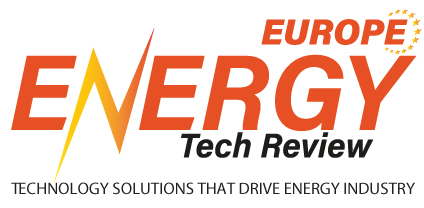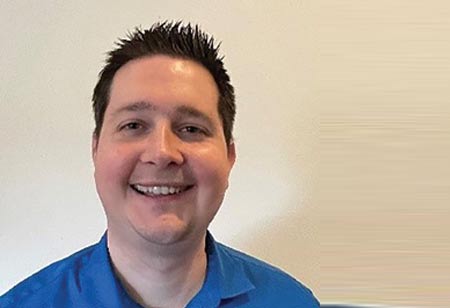Brett Adamcik serves as the director of Gas System Integrity & Reliability at CenterPoint Energy, where he assumes responsibility for overseeing Transmission Integrity, Distribution Integrity, System Planning, and Standards. Prior to his present position, he led the Distribution Integrity team as the Distribution Integrity Management Program manager. Having spent over a decade at the company, he has navigated through various roles, each with increasing levels of accountability. His journey commenced with Transmission Integrity, followed by a transition to staff engineer in Long Range Facilities Planning. In this capacity, he spearheaded network modeling, steady-state power flow analysis, and transmission system operations.
He holds a bachelor’s degree in nuclear engineering from Texas A&M University and is recognized as a licensed professional engineer. Leveraging his extensive expertise, he frequently takes the stage at industry events and conferences, offering insights into CenterPoint’s risk models and optimization strategies.
In an interview with Energy Tech Review, Adamcik sheds light on the necessity of using the latest equipment to improve the accuracy and precision of data analysis and how collaborative efforts enhance risk management and safety practices in the pipeline industry
"Staying plugged into the industry and maintaining communication with other operators is essential for discovering new technologies and establishing partnerships"
How are recent advancements in technology and data analytics helping companies meet regulatory requirements and improve data quality?
Advancements in these areas have revolutionized our ability to meet regulatory requirements and enhance data quality. Tools such as inline inspection, advanced leak detection equipment, and remote monitoring are rapidly advancing in precision and accuracy. These tools enable us to detect potential issues, identify proactive maintenance, and improve risk management, ultimately reducing the likelihood of incidents.
What is the present industry perception of analytics?
Analytics can mean different things to different people, but it’s crucial to emphasize that it’s only as good as the data you have. To improve analytics, we need to acquire better data through tools like inline inspection and advanced leak detection or by refining existing data through thorough records research. The key is to manage expectations and recognize that our current needs may differ from those of the past.
How are the tools for data analytics sourced to cater to various needs in the industry?
Organizations use a combination of both in-house and procurement capabilities. While there are off-the-shelf tools available, some companies also develop in-house solutions tailored to their specific needs. Staying plugged into the industry and maintaining communication with other operators is essential for discovering new technologies and establishing partnerships. It is about leveraging the best available tools, whether they are developed internally or sourced externally.
What was your biggest learning from the latest projects you have been working on?
It is very important to acquire more precise and accurate insights for risk management and analytics. The best approach involves investing in acquiring better data to improve the effectiveness of our analyses.
What are some leadership strategic discussions that are steering the company forward?
One strategic shift involves how we approach unknowns in risk management. Rather than defaulting to worst-case assumptions, we adopt a more balanced approach, focusing on known risks while investigating unknowns more cautiously. This method helps us allocate resources more effectively and avoid unnecessary concerns.
How do you envision the future to impact the pipeline sector?
The industry is poised for continuous evolution, augmented by a widening scope of tools and technologies. We anticipate more adaptable solutions that cater to various pipeline specifications, pressures, and environments. Embracing new technologies while staying focused on our core objectives will drive positive transformations in the industry.
What is your sage advice to your fellow peers and aspiring professionals in the industry?
Collaboration and safety are paramount in our industry. We must foster a culture of partnership, as any incident in one company can create a domino effect. By prioritizing safety and sharing best practices, we ensure the wellbeing of our employees, the public, and the industry as a whole.












